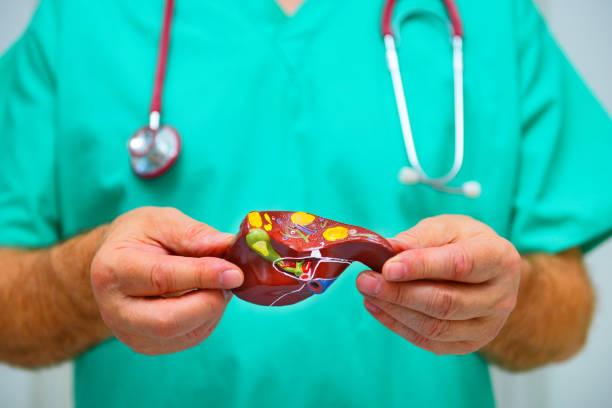1. What is Rejection syndrome ?
Rejection is your body’s way of not accepting the transplant. Although rejection is most common in the first six months after surgery, it can occur at any time.
2. Do liver transplants work?
A liver transplant is surgery to replace a diseased liver with a healthy liver from another person. A whole liver may be transplanted, or just part of one.The liver is the only organ in the body that can replace lost or injured tissue (regenerate). The donor’s liver will soon grow back to normal size after surgery.
3. What is the average life expectancy after a liver transplant?
In general, about 75% of people who undergo liver transplant live for at least five years.
4. Any age limit for liver transplantation?
The age limit is individualized as it varies with a patient’s overall health condition. However, it is rare to offer liver transplant to someone greater than 70 years old.
5. What is sucess rate of liver transplant?
89-90%
6. What are the legal requirements before a liver transplantation?
Attested birth certificate of the patient and the donor, Attested family records of the patient and the donor, Passport copies of the patient and the donor and in case of a married donor, an attested consent of the donor’s husband/wife. There could be other documents specific to your case, and you must talk about it in detail with your case manager.
7. What is a Liver Transplant?
Liver transplant is the procedure which is used for replacing the diseased part of the liver with the healthy part of the liver called as donor.
8. When is Liver Transplant Needed?
Liver transplant is needed in case of some conditions such as chronic hepatitis with cirrhosis, primary biliary cholangitis, sclerosing cholangitis, alcohol overuse, liver cancer, wilsons disease and hemochromatosis.
9. What are the chances of surviving a liver transplant?
The chances of living after liver transplant is 89%. In some cases the transplanted liver can fail or the original disease may come.
10. Can you live a normal life after a liver transplant?
The result of liver transplant is excellent, most people have lead a normal life even after 30 years after surgery.
11. Who is not eligible for a liver transplant?
You are not eligible for liver transplant if your age is 65 years or more than it and you are having severe obesity with disease such as hepatitis B.
12. Does a liver transplant shorten your life?
Most people who undergone liver transplant can live for more than 10 years and many patients can live for 20 years or even more than it. According to a study it is said that 90% of people who have undergone liver transplant has survived for one year or even more.






